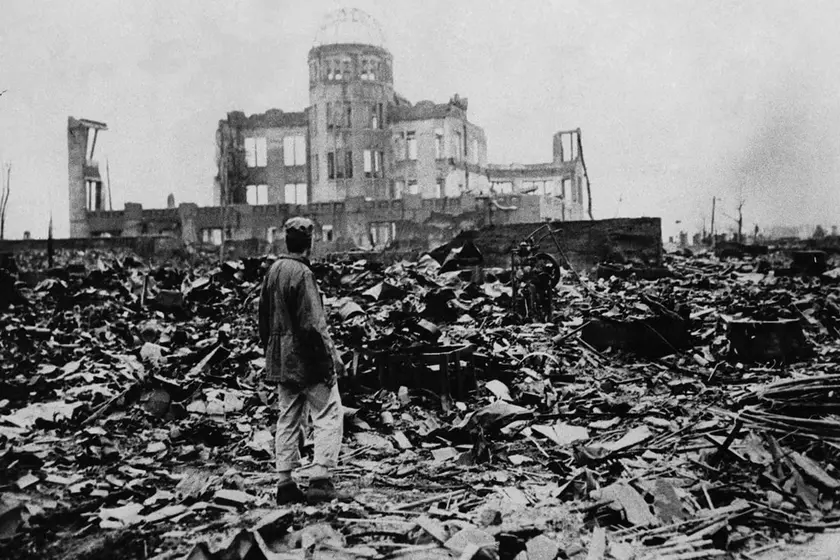T4K3.news
BBC's Hiroshima documentary criticized for brevity
The BBC's new documentary on Hiroshima marks the anniversary but lacks depth and detail.
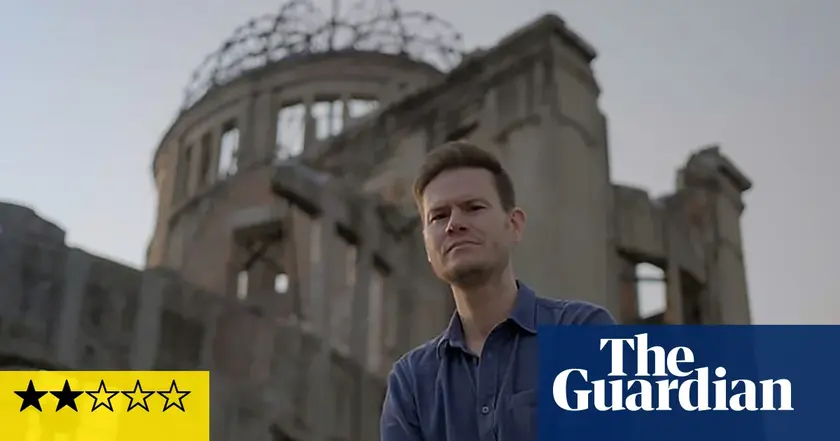
The BBC's documentary on Hiroshima fails to honor the topic's complexity and depth.
Critique of What Happened at Hiroshima reveals shortcomings in historical remembrance
The documentary What Happened at Hiroshima aired to commemorate the 80th anniversary of the bombings. However, its 30-minute run time has been criticized for inadequately addressing the horror and implications of the event. Unlike last year's documentary Atomic People, which offered powerful survivor accounts, this new film feels more like a rushed assignment than a meaningful exploration. Presenter Jordan Dunbar's emotional delivery attempts to connect with the audience but many feel it detracts from the gravity of the subject. The show's simplistic overview of events leading to the bombing and brief survivor interviews fail to capture the profound effects of the tragedy and leaves viewers questioning its educational value.
Key Takeaways
"This new film feels more like a rushed assignment than a meaningful exploration."
Critique of the documentary's approach to the subject.
"Twenty-eight minutes fail to honor a world-altering event."
Highlighting the inadequacy of the documentary's length.
"Trivializing history risks repeating its mistakes."
Warning about the dangers of insufficient historical representation.
"Survivor stories deserve much more attention and depth."
Emphasizing the need for comprehensive storytelling.
This documentary stands as a reminder of the challenges in conveying deep historical truths in a limited format. While quick content may attract younger audiences, it risks trivializing significant events. The disparity in storytelling methods highlights the necessity for depth in historical documentaries. A thoughtful engagement with survivor stories is vital, not just for remembrance but for educating future generations about the catastrophic consequences of nuclear warfare. If this portrayal sets a precedent, it may lead to a disservice to both history and those who lived through its darkest moments.
Highlights
- Thirty minutes is too short for such a monumental topic.
- This documentary feels like a box Tik for the BBC.
- Trivializing history risks repeating its mistakes.
- Survivor stories deserve the spotlight.
Risk of trivializing historical atrocity
The documentary's short format and emotional presentation may downplay the gravity of the Hiroshima bombings, risking miseducation. Historical events of such magnitude require thoughtful treatment to ensure proper remembrance and understanding. If not, we may fail to learn critical lessons from the past.
Future projects must strive for a more profound exploration of such defining moments.
Enjoyed this? Let your friends know!
Related News
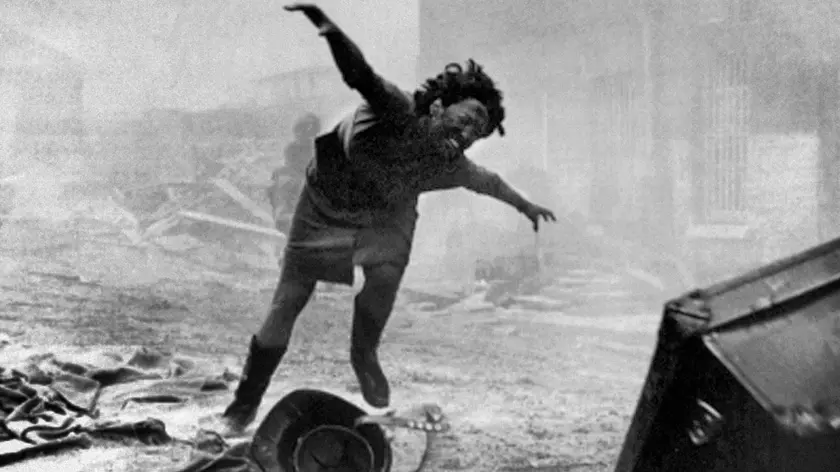
BBC re-airs The War Game after two-decade ban
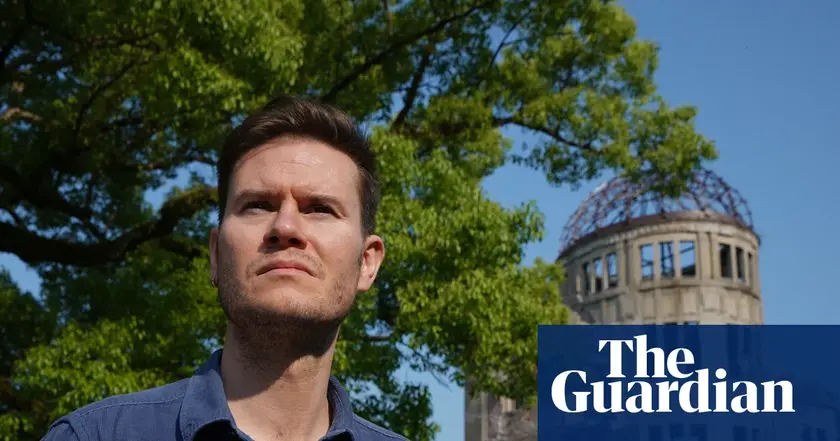
Jordan Dunbar meets Hiroshima survivors on BBC One
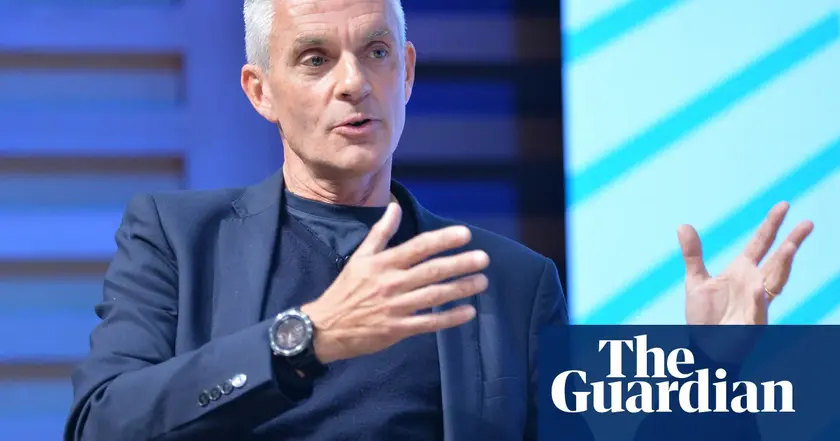
Tim Davie stands by leadership amid BBC scandals
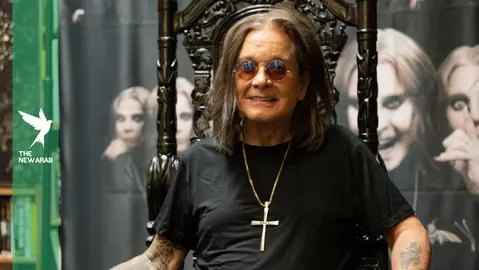
Ozzy Osbourne dies at 76, marking the end of an era
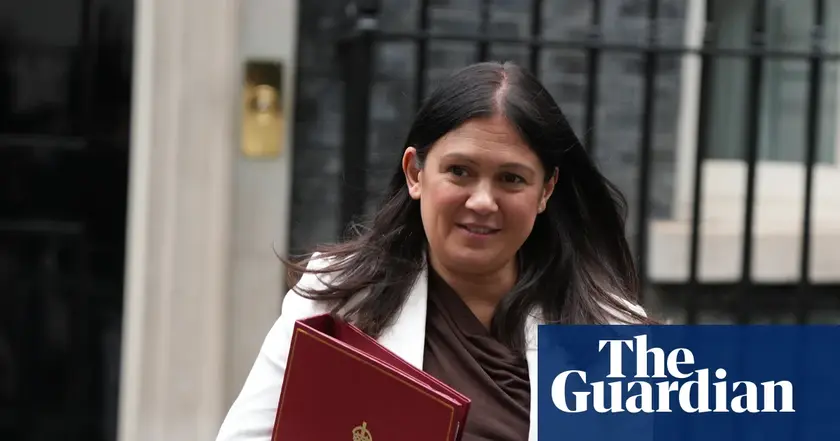
Lisa Nandy will not watch MasterChef amid presenter issues
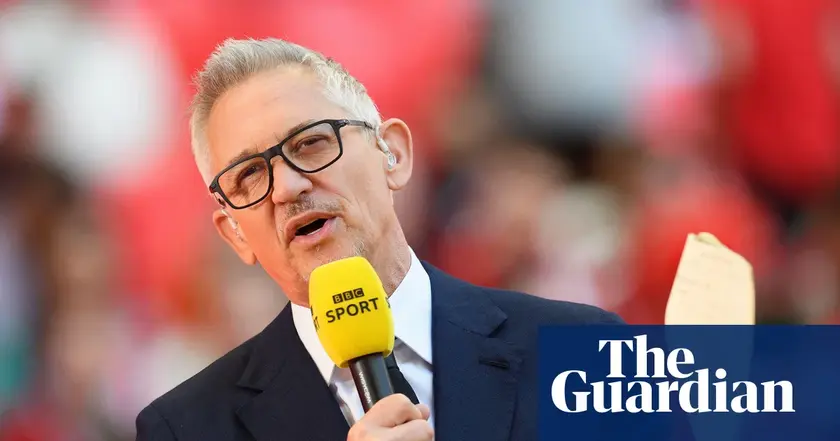
Gary Lineker confirmed as host for new ITV gameshow
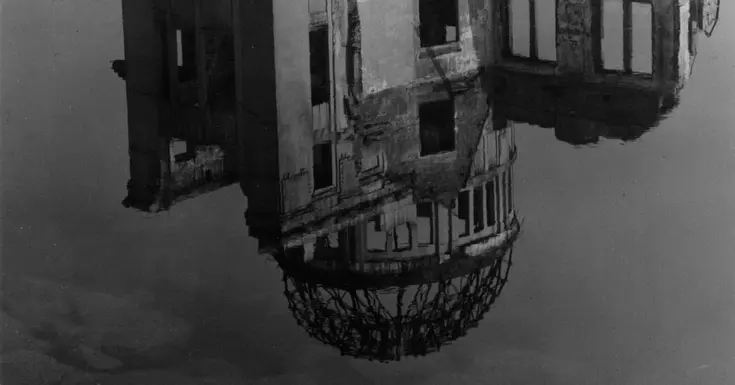
Art Reflects on 80 Years Since Hiroshima

Channel 4 faces backlash over graphic documentary
